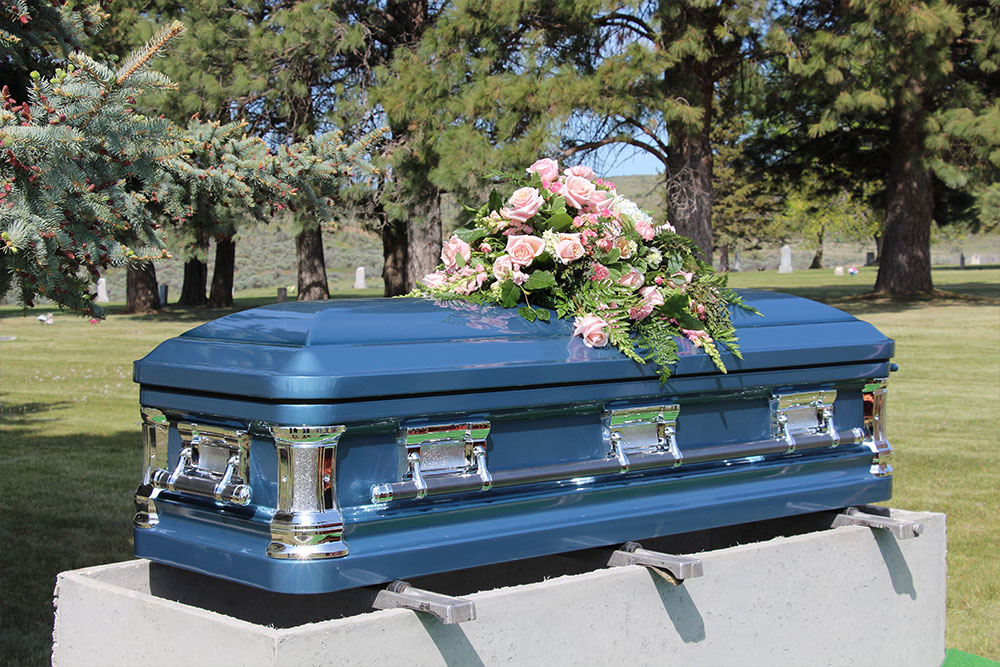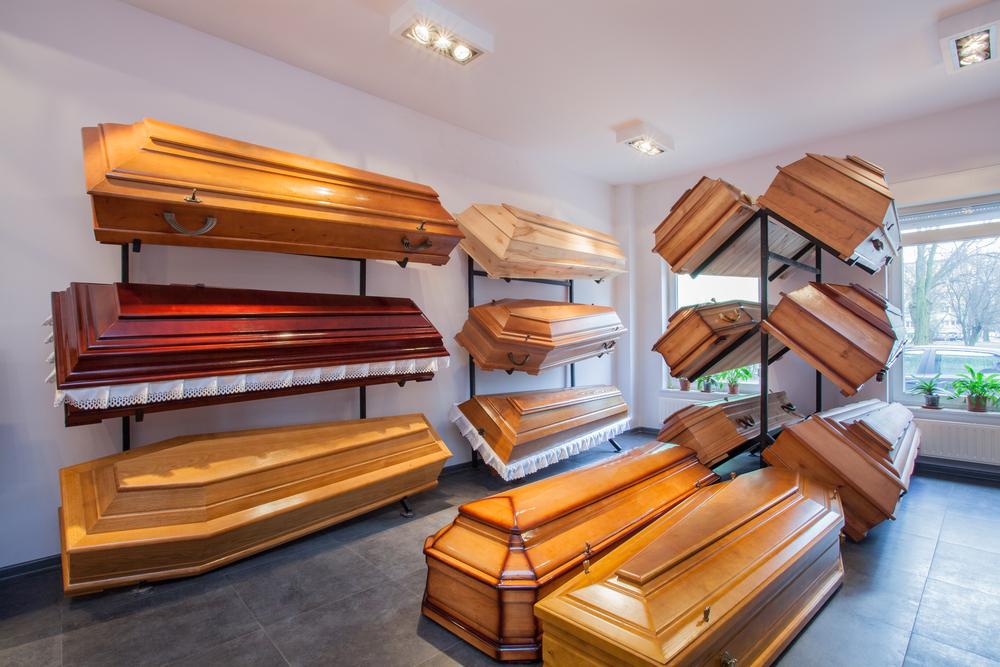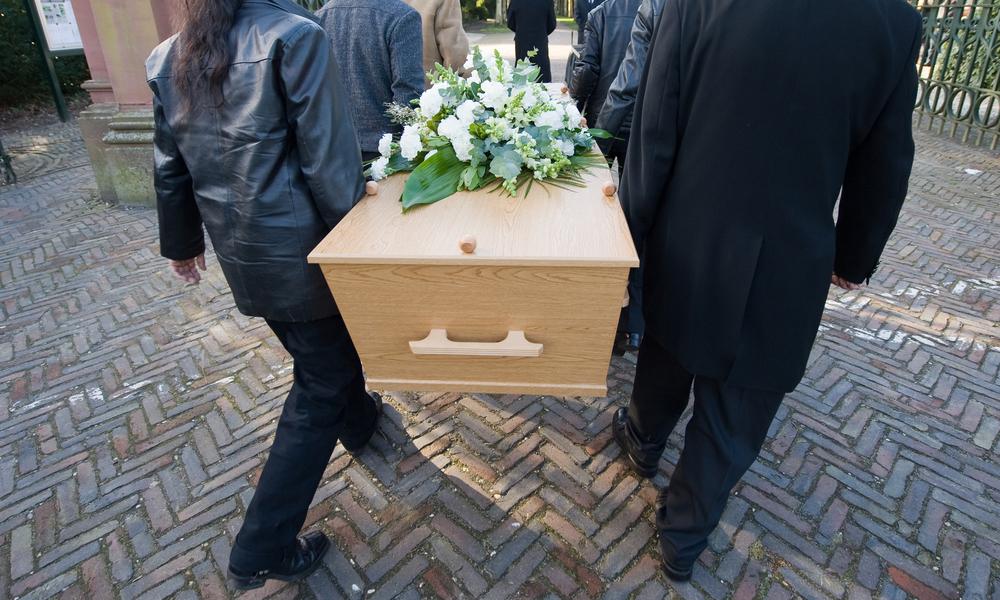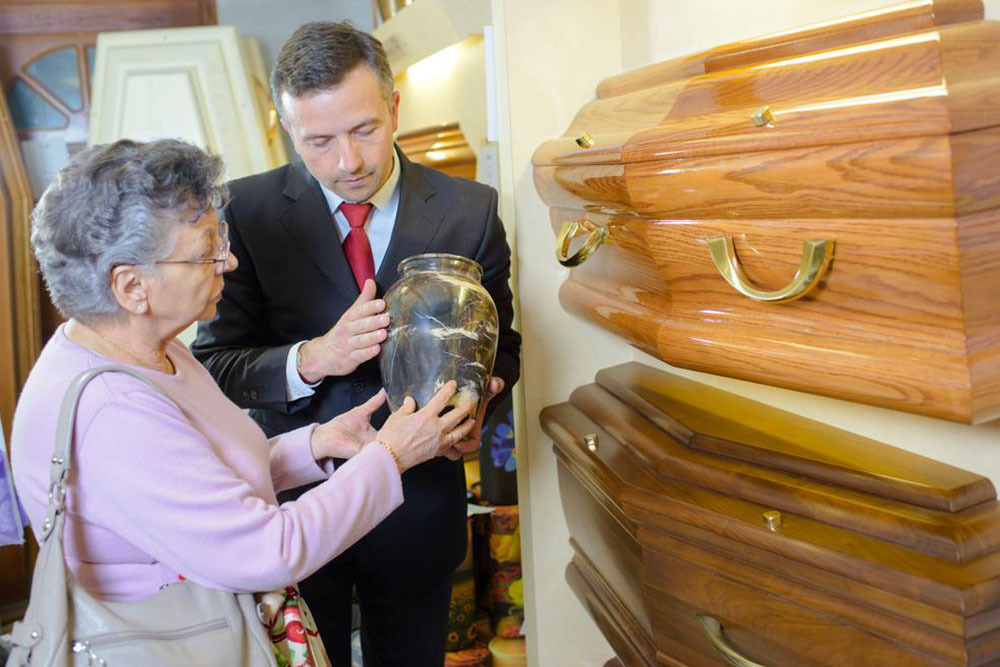Respectful Funeral Arrangements to Honor Loved Ones: A Comprehensive Guide
This comprehensive guide explores respectful funeral arrangements, focusing on cremation options, casket choices, and cultural considerations. It provides families with insights into eco-friendly and budget-friendly options, balancing tradition with sustainability and affordability. Learn how to honor loved ones with dignity through thoughtful funeral planning tailored to cultural and personal preferences, ensuring a meaningful farewell for the departed while managing costs and environmental impact effectively.

Respectful Funeral Arrangements to Honor Loved Ones: A Complete Guide
Experiencing the loss of a loved one is a profoundly emotional moment, and planning a meaningful farewell comfortingly celebrates their life. One of the most significant aspects of a funeral is selecting the appropriate cremation options and funeral arrangements that honor the deceased’s wishes and cultural traditions. Whether opting for a traditional casket or a simpler container, understanding the choices available helps families create respectful and personalized services.
When preparing for cremation, the deceased is typically placed in a container that suits the type of funeral service planned. This container can range from a traditional, ornate casket to a modest, eco-friendly alternative. The selection depends on cultural practices, personal preferences, and financial considerations. The goal is to honor the loved one with dignity while accommodating the family’s practical needs.
Traditional caskets hold a prominent place in funeral ceremonies, especially when viewing and memorial speeches are involved. These caskets are often crafted from high-quality materials like hardwood, cloth-covered wood, wicker, or bamboo, providing a solemn and respectful resting place. Families can choose to purchase these caskets outright or rent them temporarily for the service. Renting a premium or ornate casket often allows for a formal, dignified viewing and service, making the farewell more memorable.
On the other hand, cremation typically involves proceedings in more economical containers. Very often, families opt for simple, recyclable containers like cardboard boxes, especially when cost or environmental impact is a concern. These containers are designed to be practical, affordable, and eco-friendly, aligning with green burial principles. The choice between different container types depends on personal preferences and religious or cultural requirements.
Many funeral service providers now offer a variety of eco-conscious and sustainable casket options, reflecting a growing trend towards environmental responsibility. These include rental caskets made from wicker, teak, wool, cotton, or bamboo, which are biodegradable and sustainable. Such options allow families to celebrate life honorably while minimizing the ecological footprint. For those seeking affordability, recyclable cardboard containers that resemble traditional caskets are widely available. They are designed specifically for cremation and are an environmentally friendly alternative to conventional caskets.
Funeral customs are deeply rooted in cultural and religious traditions, influencing the type of casket used. For example, in Jewish funeral practices, the tradition mandates a fully combustible wooden casket without any metal parts. This practice aligns with religious beliefs about burial and cremation. Often, crematories provide simple, non-metallic containers—commonly resembling cardboard boxes—especially when no formal casket is rented or purchased. These simple containers are functional and respectful, serving the purpose of honoring the deceased's final journey.
Cost considerations are an important aspect of funeral planning. The price of a casket can vary significantly depending on the material, design, and whether it is purchased outright or rented. Luxury caskets, which often feature elaborate craftsmanship and premium materials, can cost thousands of dollars. Conversely, more modest options like eco-friendly rental caskets or cardboard containers are more affordable and accessible. A common approach is to rent an expensive, aesthetically appealing casket for the viewing and then proceed with cremation in a simpler, less expensive container—balancing reverence with budget considerations.
Ultimately, planning respectful funeral arrangements involves considering the wishes of the departed, cultural sensitivities, environmental impacts, and financial factors. Families are encouraged to explore various options and select arrangements that honor their loved ones’ memory in a meaningful way while maintaining practicality. Whether through traditional caskets or eco-friendly alternatives, each choice reflects a commitment to dignity and respect during a difficult time.




